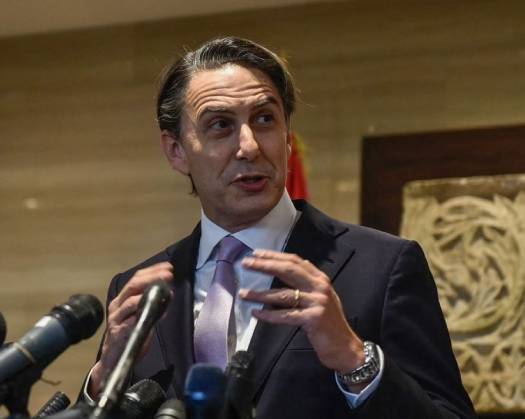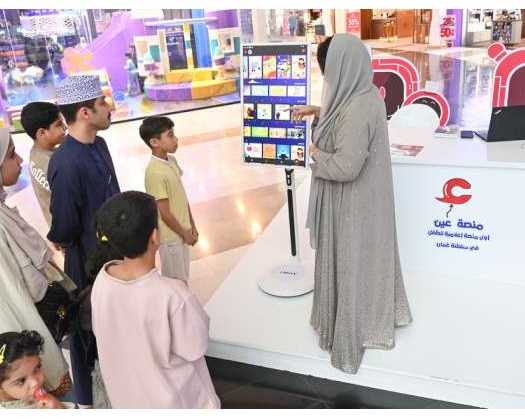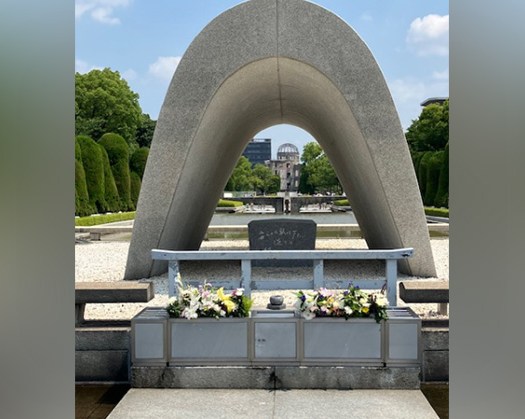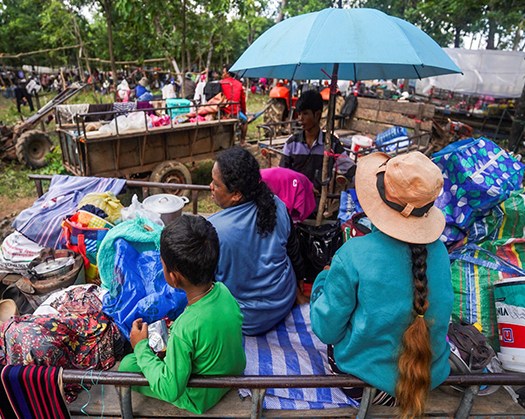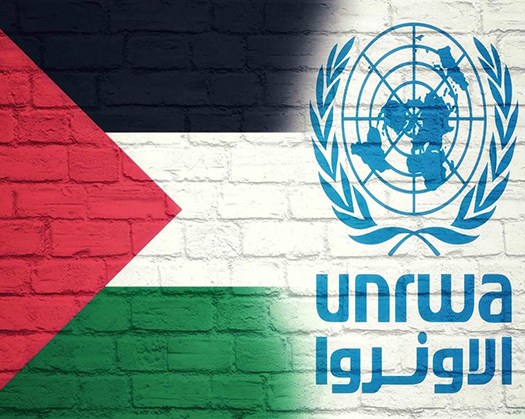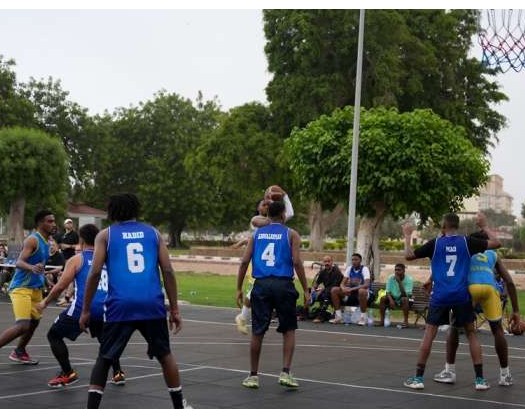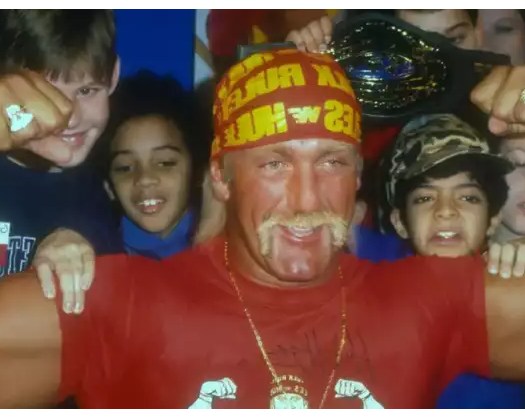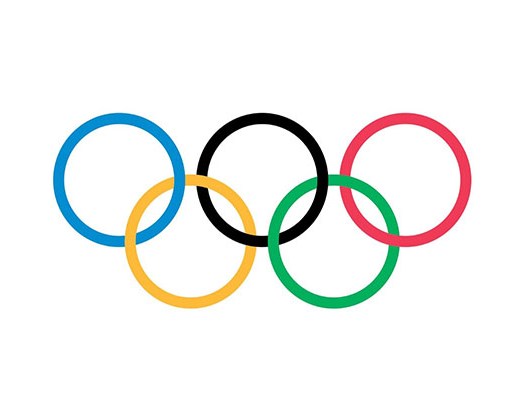BEIRUT: The United States envoy, Amos Hochstein, has announced his intention to travel to Israel on Wednesday following two days of negotiations in Lebanon aimed at finalizing a ceasefire agreement between Israel and Hezbollah.
The United States, in collaboration with France, has been at the forefront of efforts to broker a truce in the ongoing conflict, which has intensified in recent weeks following nearly a year of intense exchanges along Israel's northern border.
Israel has broadened the scope of its military operations from Gaza to Lebanon, with a commitment to secure the northern region and facilitate the return of approximately 80,000 individuals displaced by the cross-border conflict.
On Wednesday, Hochstein engaged in a second meeting with a key mediator, Hezbollah-allied Speaker of the Lebanese Parliament Nabih Berri, who has been instrumental in facilitating mediation efforts on behalf of the group.
"The discussions held today have advanced our progress, and I will be traveling from here in the next couple of hours to Israel with the aim of concluding this agreement," Hochstein stated in a concise statement to reporters in Beirut.
The previous day, Hochstein expressed optimism regarding the possibility of an end to the conflict, while Berri acknowledged the positive direction of the negotiations, albeit noting the need for further details to be resolved.
A diplomatic source in Lebanon, speaking on condition of anonymity, reported that discussions have been underway regarding potential modifications to the United States' proposed ceasefire plan.
During his visit, Hochstein also engaged in meetings with Lebanese Prime Minister Najib Mikati, Chief of Staff Joseph Aoun, and Christian political leader Samir Geagea.
The future stance of Israel on the proposed ceasefire plan remains uncertain.
Prime Minister Benjamin Netanyahu has indicated in parliamentary sessions on Monday that Israel would be compelled to ensure its security in the northern region and would persist in military operations against Hezbollah, even in the event of a ceasefire.
Hezbollah initiated its cross-border operations in solidarity with Hamas following the assault by the latter on Israel, which catalyzed the conflict in Gaza.
The Ministry of Health in Gaza has reported a death toll of 43,985 individuals, predominantly civilians, as a result of the ensuing conflict. These figures have been deemed credible by the United Nations.
Since its expansion into Lebanon in September, Israel has executed comprehensive bombing operations, with a primary focus on Hezbollah strongholds.
The conflict has resulted in the loss of over 3,544 lives in Lebanon, with the majority occurring since late September, according to official statements. Among the casualties were more than 200 children, as reported by the United Nations.
In Beirut, the capital, the situation remained relatively stable on Tuesday and Wednesday. However, in the south of Lebanon, where Hezbollah maintains influence, there has been a resurgence of battles and strikes.
The United States has advocated for a United Nations resolution to conclude the previous conflict between Hezbollah and Israel in 2006, with the aim of establishing a foundation for a new peace agreement.
Under United Nations Security Council Resolution 1701, it is stipulated that only Lebanese troops and UN peacekeepers are to be deployed in the southern region of Lebanon.
Despite not being directly involved in the current conflict, the Lebanese Armed Forces have reported several fatalities among their ranks.
On Wednesday, the Lebanese Armed Forces disclosed the death of a soldier in the south of Lebanon, following a day that saw the announcement of the deaths of three other personnel in a strike.
The Israeli military has subsequently stated, without elaborating on the fatalities, that it is investigating reports of Lebanese soldiers injured by an airstrike on Tuesday.

